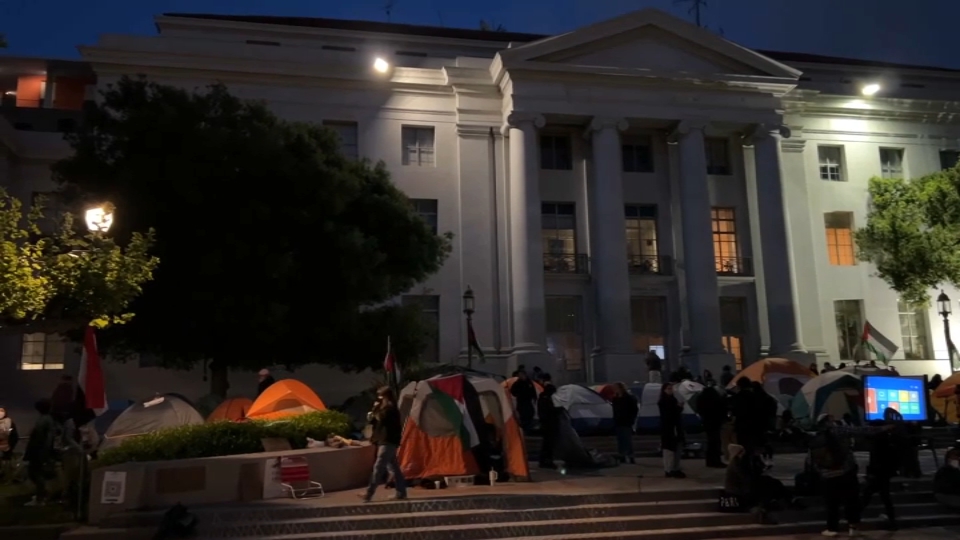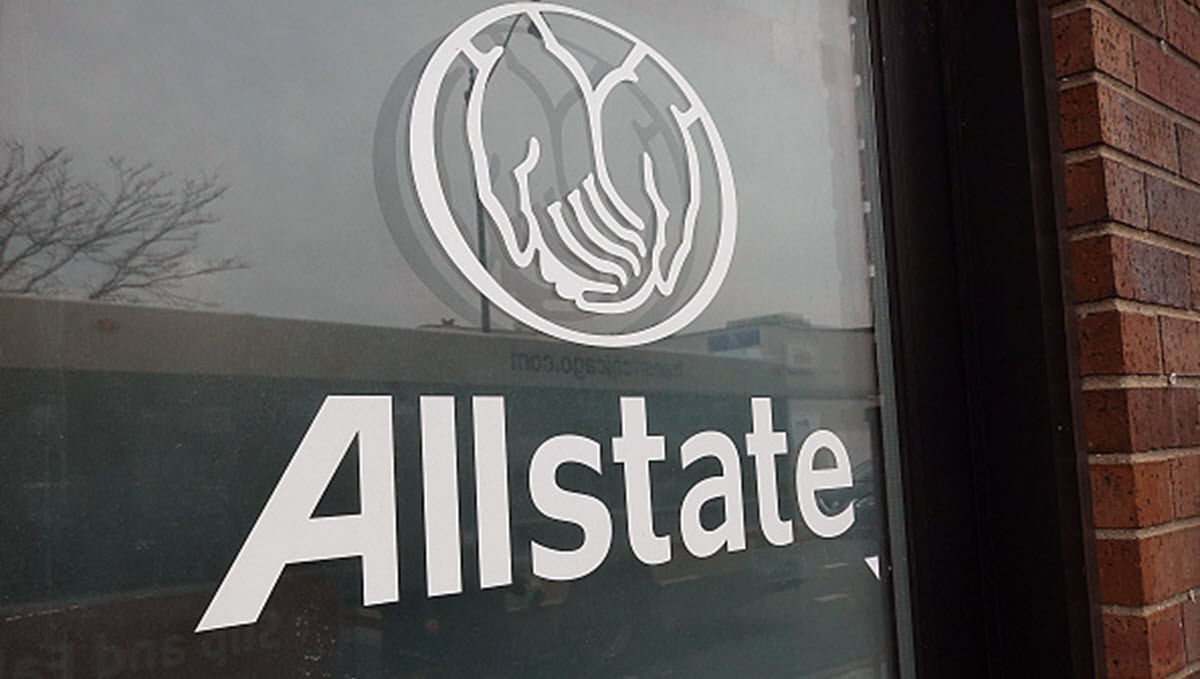For newcomers to Powerball, it’s a matter of temptation. The potential to win the country’s largest lottery jackpot ever was just too enticing.
“Once it got over a billion, that’s kind of hard to ignore,” said Hunter Denson, who stopped at a 7-11 in Fremont to buy a ticket.
Denson says he’s playing the lottery for the first time, but doesn’t believe he will cash in.
“Sometimes it’s just fun to take a risk and see what happens and you can just talk about it and say, man, I was this close to being rich, but just didn’t work out,” Denson said.
So why play if you don’t think you can win? After all, your chance of winning Powerball are very slim – just one in 292.2 million – but scientists say the odds won’t keep people from trying. In fact, professors at Stanford say research shows it’s all in our heads.
For the first time, neuroscientists are singling out a small portion of our brains that are influencing our decision to buy – or pass on – a chance for the record $1.5 billion jackpot.
“I think when people are playing the lottery, they’re paying more attention to the amount they can win than the probability that they’ll win that amount,” said Stanford University Associate Professor Brian Knutson, who coauthored the study.
Local
In a new study published this week in journal “Neuron,” Knutson and other neuroscientists found something never before seen in humans: a direct path from two parts of the brain – one that controls caution and another that influences excitement.
And odds are likely that risky gambling choices depend on the strength of that connection, deep within our brains. The stronger the connection, the less dopamine that makes it to the portion of the brain that influences excitement, according to Knutson.
“Those people who were more cautious, less likely to take those lottery risks, we found stronger connectivity, stronger insulation. And that tended to dampen down the activity,” Knutson said.
Neuroscientists say one brain connection isn’t necessarily better than another. Everyone is wired differently, and sometimes taking risks are a good thing, according to Knutson.
Knutson says he did not buy a lottery ticket this time. “I’ll have to measure my own brain and find out,” he said.
And so might some others who came to this 7-11 in Fremont, which sold a ticketing matching five out of six Powerball numbers recently.
“It doesn’t excite me at all,” Maneesh Matias said. The Lincoln University student says even a trillion dollars won’t tempt him.
“Nope, nope, no…not at all,” Matias said.



